
Businesses need to proactively transform themselves
According to Mr. Nguyen Van Minh, Editor-in-Chief of Industry and Trade Newspaper, Vietnam's logistics industry is facing great opportunities to develop and become one of the key economic sectors, making practical contributions to national economic growth. However, to develop sustainably, this industry needs investment from infrastructure, improving the quality of human resources to applying new technology and perfecting the legal corridor.
Mr. Minh said that the Ministry of Industry and Trade is finalizing the Vietnam Logistics Services Development Strategy for the 2025–2035 period, with a vision to 2045, with the goal of reducing logistics costs to 12–15% of GDP, and the industry's growth rate reaching 15–20% per year.
At the same time, logistics will be integrated into the national green growth strategy, with 30% of vehicles switching to clean energy and 80% of businesses applying digital transformation.
“In order for logistics to not only be a supporting link but also become a driving force for trade growth and enhancing national competitiveness, clear and timely strategic directions from state management agencies are needed,” said Mr. Nguyen Van Minh.
Regarding the development orientation of the logistics industry in the new period, Dr. Bui Ba Nghiem, Import-Export Department (Ministry of Industry and Trade) said that it is modern and closely linked to the global supply chain. The two strategic pillars will be digital logistics and green logistics, which will act as leverage to help businesses optimize costs, improve competitiveness and expand markets.
Emphasizing the central role of logistics in the digital economy, Dr. Bui Ba Nghiem said: “We cannot talk about e-commerce, digital transformation or green growth if logistics cannot keep up. Therefore, logistics enterprises also need to proactively transform themselves, instead of just playing a logistics role.”
Need to promote preferential policies for businesses
Sharing from business practice, Mr. Pham Nguyen Thanh Quang, General Director of Lazada Logistics LEX Vietnam said: “In the 4.0 era, logistics has become a high-tech service industry. At LEX Vietnam, we comprehensively apply technologies such as artificial intelligence (AI), big data, IoT sensors and supply chain management systems to automate processes and enhance user experience”.
Mr. Quang also clearly analyzed the changes that digital transformation brings: “Our AI system is integrated in all stages from order forecasting, delivery route optimization, warehouse coordination to consumer behavior analysis. Digital transformation not only helps us reduce costs, increase processing speed but also expand service capabilities to remote areas.”
Emphasizing the need to integrate multimodal transport with smart warehouse systems, Ms. Truong Thi Mui - Deputy General Director of Bac Giang International Logistics Company Limited said that the Northern midland region has the advantage of connecting roads, waterways and railways, but currently these methods are still developing separately. Synchronizing and building a multi-layered supply chain will help reduce 10-15% of logistics costs for key industries such as e-commerce, electronics, and textiles.
Ms. Mui also recommended promoting preferential policies for investment in transport infrastructure, connectivity, supporting businesses to apply WMS, IoT, AI systems in warehouse management, while creating conditions for smart warehouses to develop according to international standards.
Sharing about the green logistics strategy, Mr. Cap Trong Cuong, General Director of Macstar Group Joint Stock Company affirmed: “Green logistics is no longer an option but a condition for Vietnam to participate deeply in the global supply chain. Multinational corporations are setting very high standards on emissions and the environment.”
Macstar is currently a pioneer in deploying inland waterway transport by barge, connecting Hai Phong with the North Central provinces. This transport route helps reduce emissions by 70% compared to road transport. In addition, Macstar is investing in smart warehouses using renewable energy and testing afforestation to create carbon credits.
"Businesses need a national set of green logistics criteria, and at the same time need preferential financial policies such as green credit or tax and fee reductions to support businesses in their transformation," Mr. Cuong suggested.
On the afternoon of April 24, Cong Thuong Newspaper in collaboration with the Import-Export Department (Ministry of Industry and Trade) organized a workshop on "Opportunities for sustainable development of logistics in the 4.0 era".
At the workshop, representatives of ministries, sectors and enterprises discussed and proposed solutions for sustainable development of Vietnam's logistics industry, such as: Digital transformation, green logistics, enhancing multimodal transport connectivity, developing smart warehouses, and applying AI, IoT, and blockchain technologies to optimize the supply chain.
Enterprises are committed to cooperation, determined to build a modern, smart, green and efficient logistics ecosystem.
Source: https://hanoimoi.vn/de-logistics-tro-thanh-dong-luc-thuc-day-tang-truong-700226.html



![[Photo] Prime Minister Pham Minh Chinh starts construction of vital highway through Thai Binh and Nam Dinh](https://vphoto.vietnam.vn/thumb/1200x675/vietnam/resource/IMAGE/2025/5/12/52d98584ccea4c8dbf7c7f7484433af5)


![[Photo] Buddha's Birthday 2025: Honoring the message of love, wisdom, and tolerance](https://vphoto.vietnam.vn/thumb/1200x675/vietnam/resource/IMAGE/2025/5/12/8cd2a70beb264374b41fc5d36add6c3d)

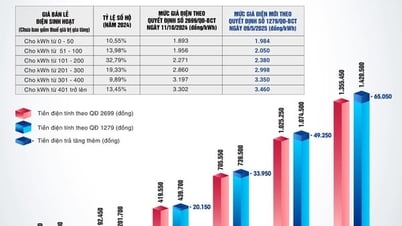
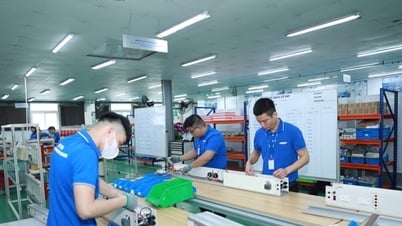
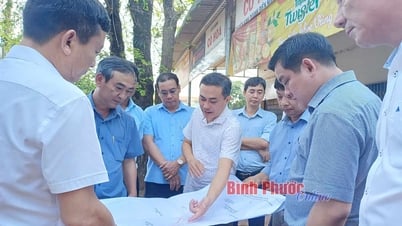
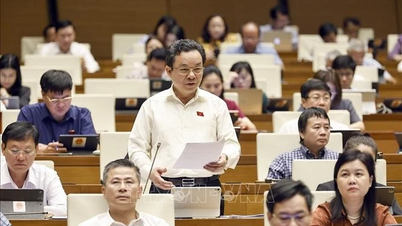
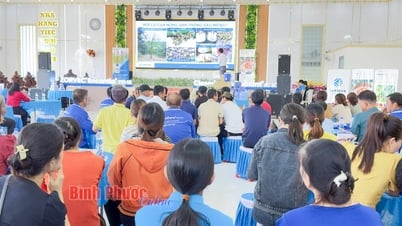
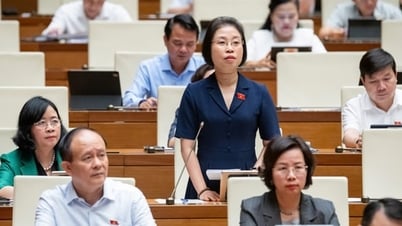








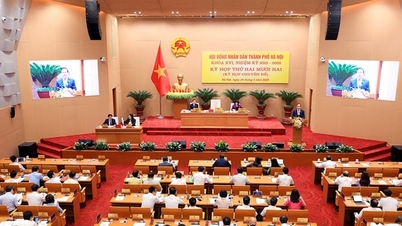
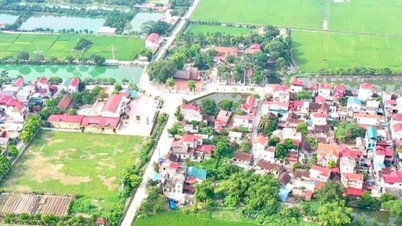
![[Photo] General Secretary To Lam meets and expresses gratitude to Vietnam's Belarusian friends](https://vphoto.vietnam.vn/thumb/1200x675/vietnam/resource/IMAGE/2025/5/11/c515ee2054c54a87aa8a7cb520f2fa6e)


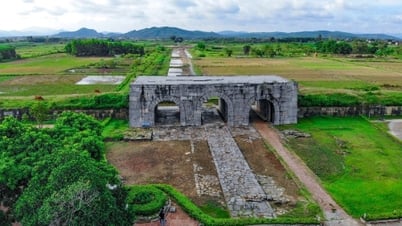
























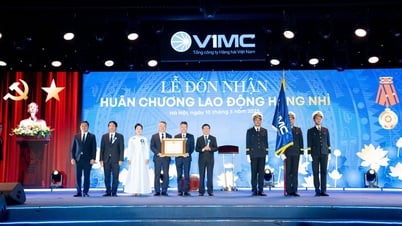
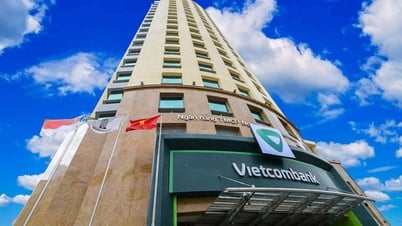

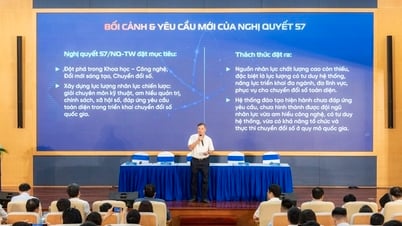
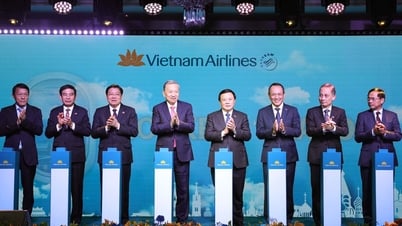


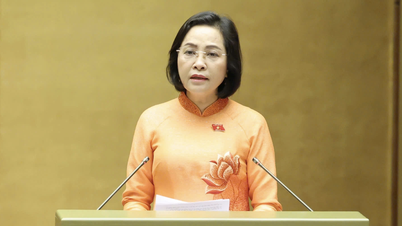


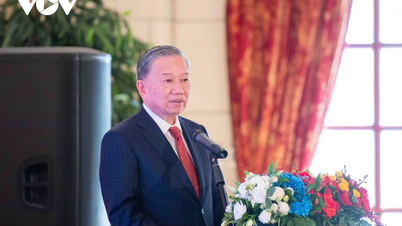


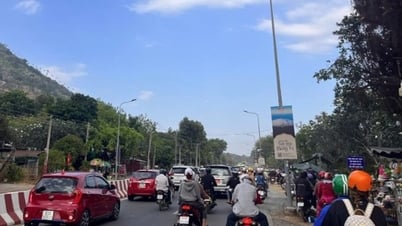




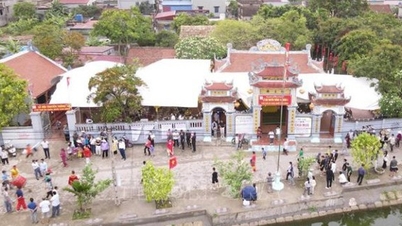

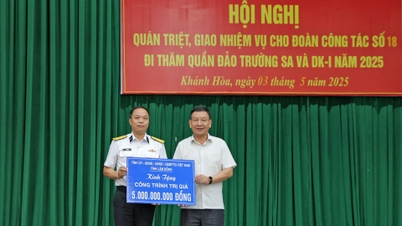





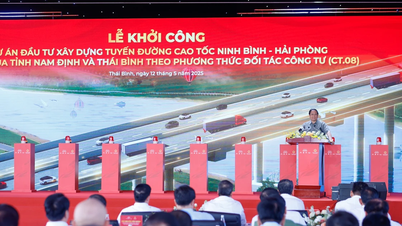












Comment (0)